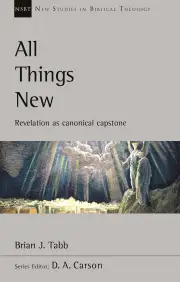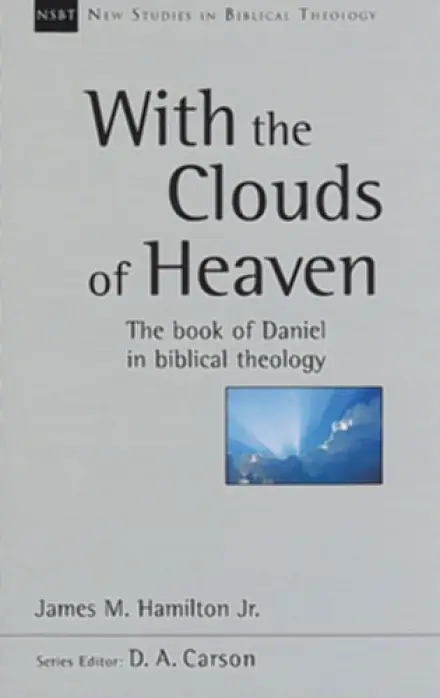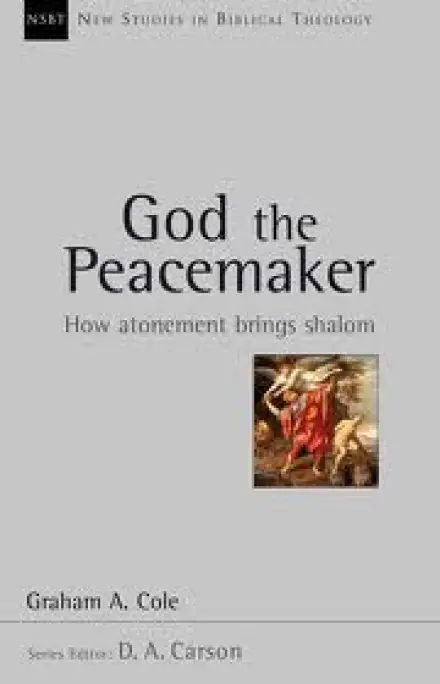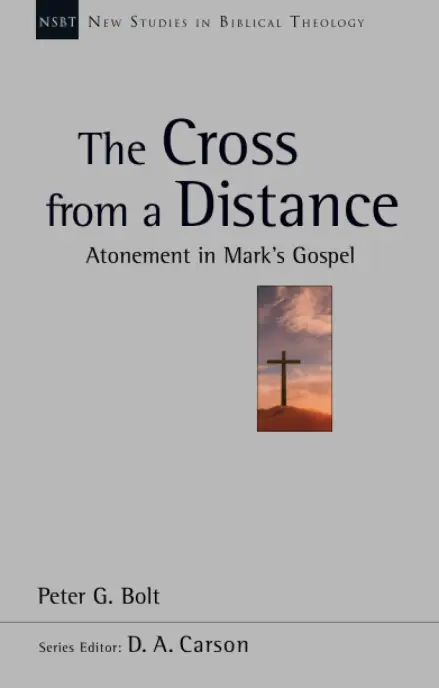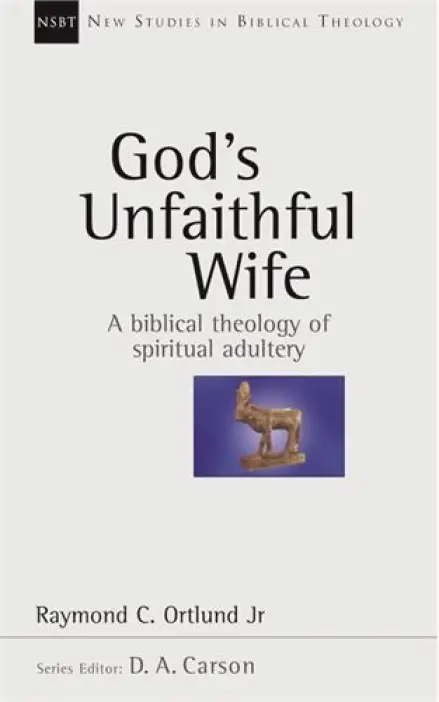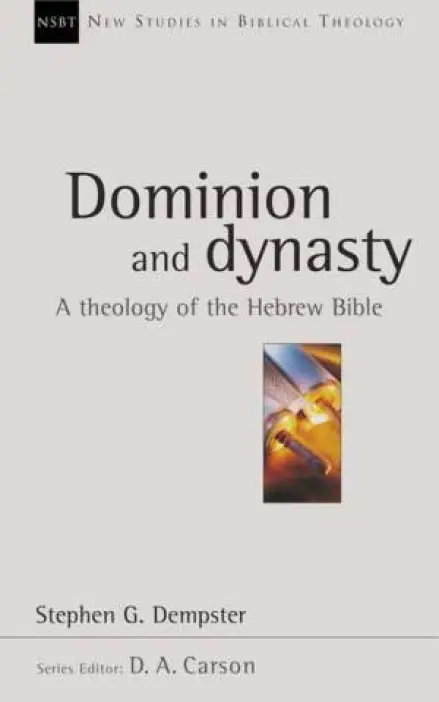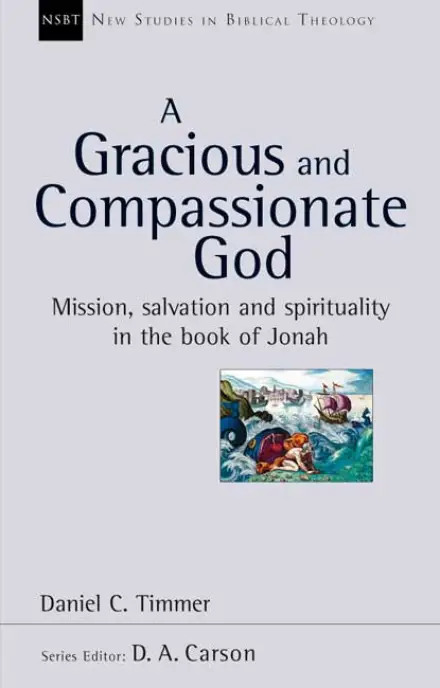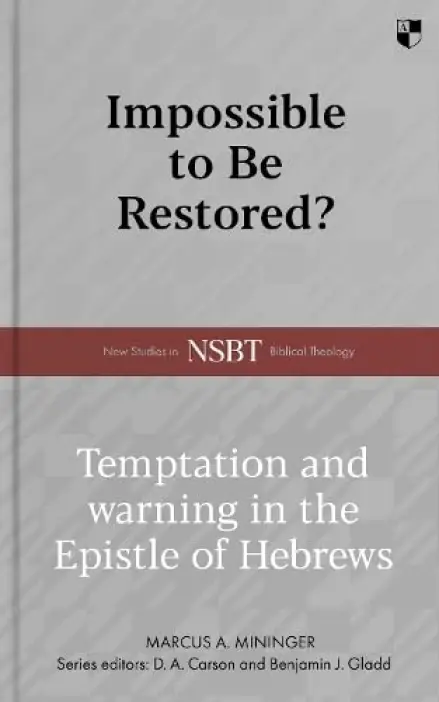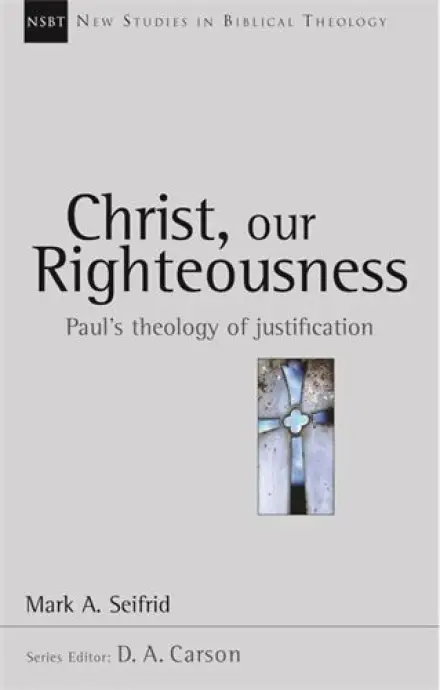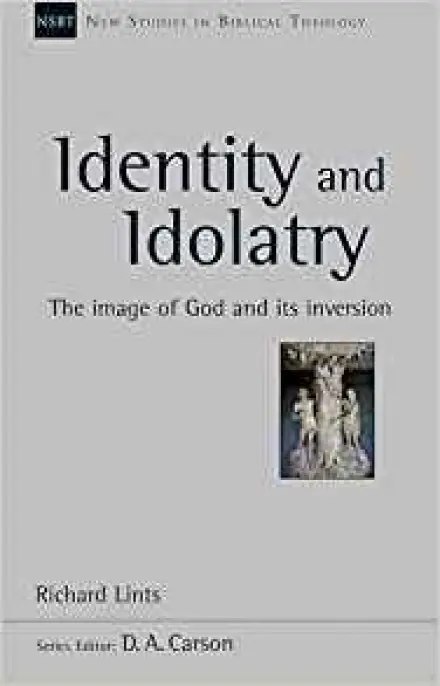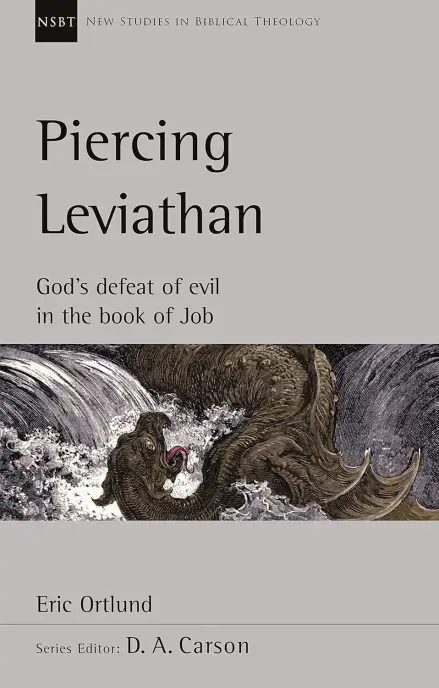For many Bible readers, the book of Revelation is a riddle that fascinates and frustrates. Scholars and teachers have proposed different keys to its interpretation, including the 'futurist' and historical-critical approaches. However, none of these adequately demonstrates the ongoing, vital relevance of the Apocalypse for the contemporary church. Brian Tabb stresses the importance of the canonical context of the book of Revelation and argues that it presents itself as the climax of biblical prophecy. He shows how various Old Testament prophecies and patterns find their consummation in the present and future reign of Jesus Christ, who decisively defeats his foes, saves his people and restores all things.
Tabb considers key biblical-theological themes: the triune God; Christ's followers and foes; God's plan for salvation, judgment and restoration; and God's word. He also shows how the book's symbolic visions shape believers' worldviews around what is true, good and beautiful according to God's revealed standards, and motivate them to live obediently and counter-culturally in the world as faithful witnesses to Jesus.
-
Title
All Things New
-
Author(s)
-
Series
-
ISBN
9781783599158
-
Format
Paperback
-
Publisher
-
Bible Book
Revelation
-
Audience
Church Leaders
-
Pages
270
-
Published
01/03/2019
